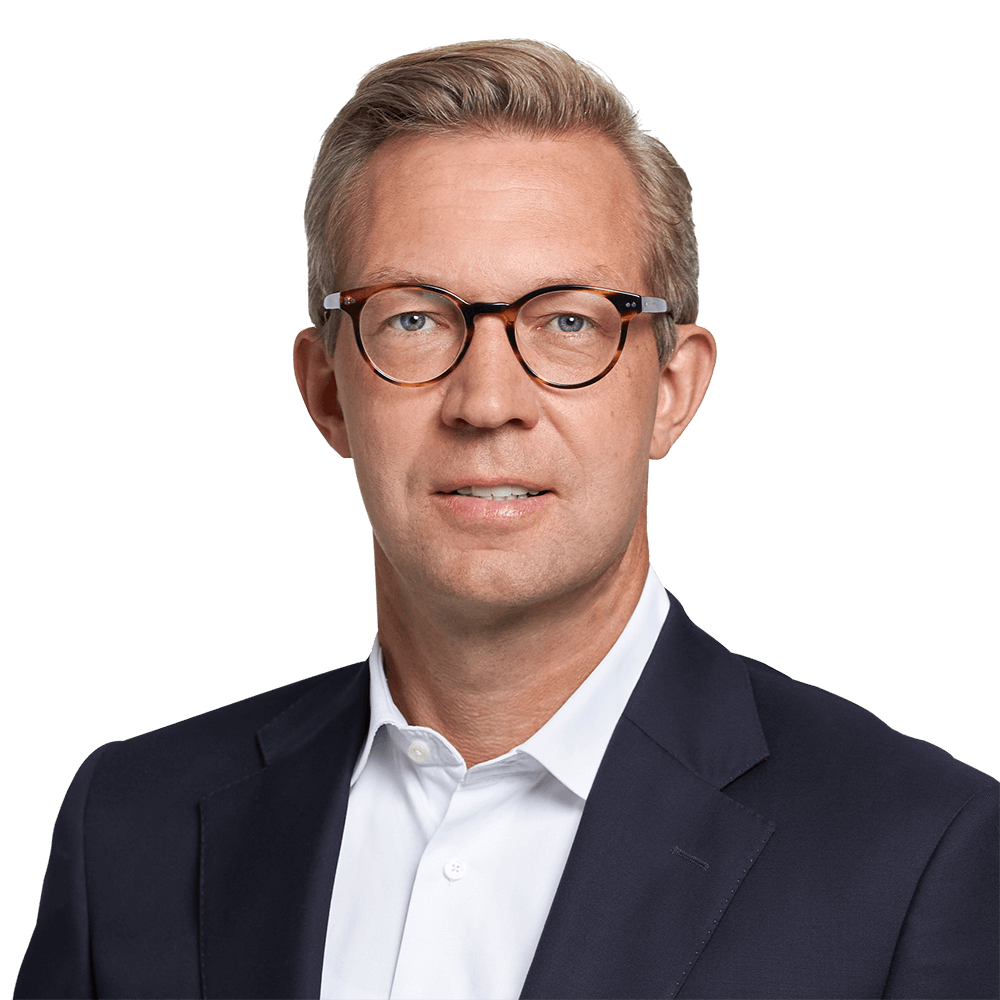The evening kicked off with welcome speeches – highlighting the importance of the energy industry in Hamburg – from several heavyweight figures from the industry: Jutta Blankau (President of the Urban Development Authority and Environment of the Free Hanseatic City of Hamburg), Dr. Rainer M. Giersch (Chairman BCCG in northern Germany) AND Dr. Christoph Torwegge (Partner in Osborne Clarke and Regional Committee Member of BCCG).
The conference continued with several other esteemed guest speakers. Robert Hull, Managing Director of Ofgem E-Serve, suggested that looking forward, there will be a big focus on the cost of solar and wind-based energy with energy management issues, as opposed to the last decade where the main focus has really been decarbonisation. He also stressed the importance of sector cooperation to ensure that the set targets are met.
Next up was Jens Frederik Hansen, CEO of A2SEA, who spoke about unchanging project costs that outlined his three key points for the future of the energy industry in Germany: safety, sufficient standards and local content.
Frank Zimmermann, Global Sales Director of Siemens Wind Power, then took to the stage to encourage the big energy players to think outside of the box. Better, more advanced business models are needed due to the advancing interest in offshore investment. However at the same time, these business models must remain cost-effective at a production level.
Following on from Frank Zimmerman was Dr. Bernd-Georg Spies of recruitment firm Russel Reynolds Associates. During his presentation, Dr Spies spoke about the extraordinary growth in the renewable energy sector. He pointed out that there is a growing interest among institutional investors, instead of the usual focus on the appointments of relevant executives and regulators.
The fifth energy heavyweight to present was Joachim Steenstrup, Head of Supply Chain of DONG Energy. Not dissimilar from Frederik Hansen’s views, Steenstrup said that better management of installation risk and better site selection should be necessary to every renewable energy business. His three main focal points for the future of the industry are: the cost of energy, supply chain bottlenecks and local content.
Sven Utermöhlen, Director Offshore Wind of E.ON Climate & Renewables, then gave a very good example of the cost cutting achievements of the airline industry. He noted that offshore output is much higher than onshore, wave or solar energy, and pointed to a need for an energy quality model.
The penultimate presentation of the conference came from Dr. Alexander Dlouhy, Head of Energy & Utilities at Osborne Clarke. The energy sector expert touched on the legal considerations in the renewable energy supply chain, where cross border issues can create complicated legal risk scenarios. He gave the example of the energy cable between Germany and Norway, which crosses through Denmark – meaning the cable falls under different regulations in each market. However, he closed on a more positive note, adding that there is hope of regulatory harmonisation.
Rounding up the conference was Mariano A. Davies, CEO of BCCG Denmark. His conclusion? “The challenges regarding the energy sector could be only solved in international cooperation.”
The annual conference will be hosted by Osborne Clarke again next year.
Corporate communications and press contacts
Connect with one of our experts





